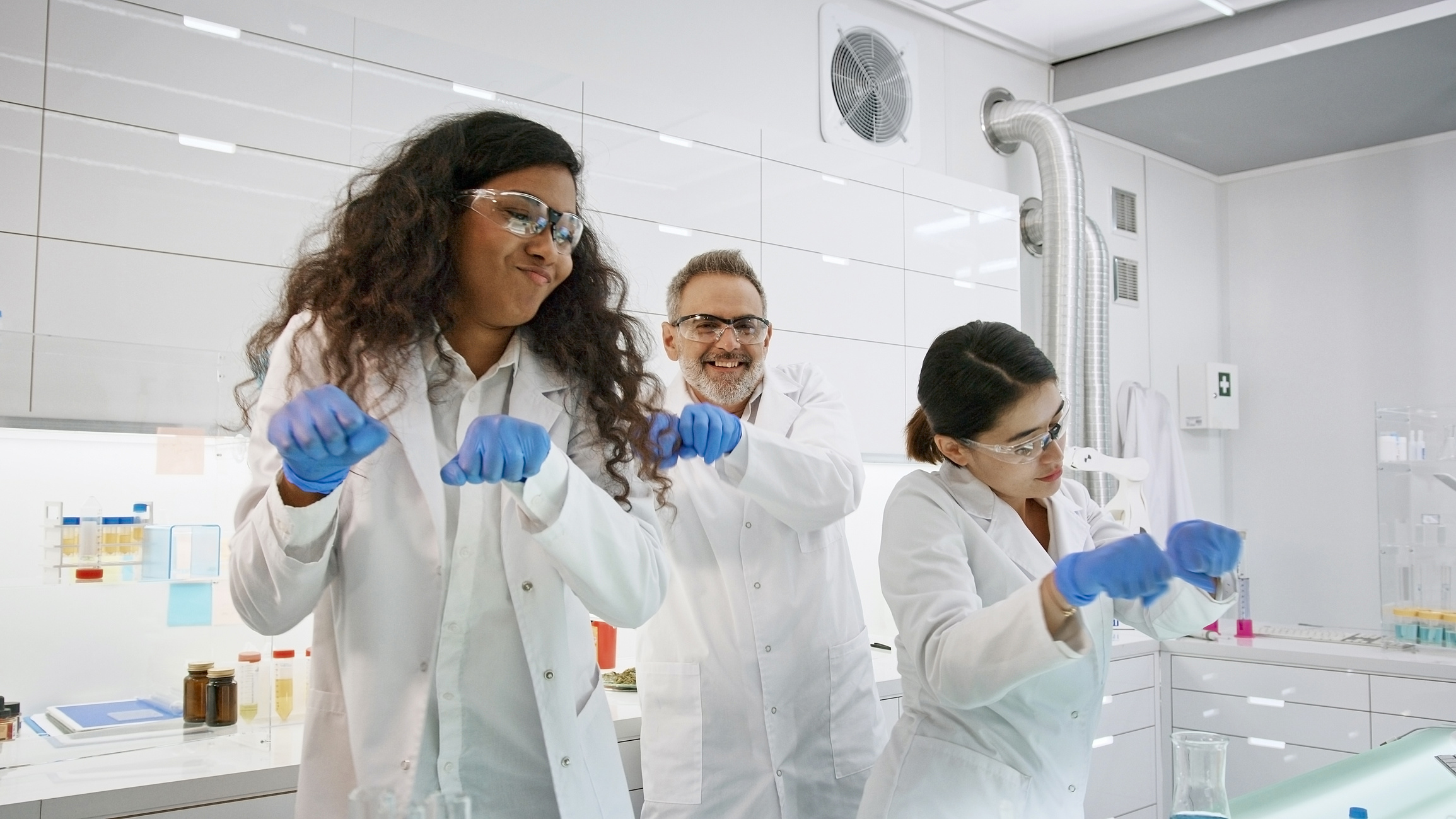ASX Health Stocks: Amplia eyes human trials for pancreatic cancer drug

janiecbros (E+) via Getty Images
- Amplia targets human trials for pancreatic cancer drug
- Noxopharm subsidiary enters licence agreement with Hudson Insitiute of Medical Research
- $7.2 million placement and $2 million SPP launched by Pharmaxis to support next phase of clinical trials
Amplia Therapeutics (ASX:ATX)
Up 8.1% in morning trade today was Amplia, off the back of new data from its recent Phase 1 clinical trial that demonstrates the ability of AMP945 to inhibit the intended target, Focal Adhesion Kinase (FAK), in human volunteers when given as an orally administered capsule.
The data boosts the company’s confidence in the planned Phase 2 clinical program for patients with pancreatic cancer – as it shows that safe and well-tolerated oral doses of AMP945 can achieve sufficient drug levels in humans to inhibit FAK.
It will also provide guidance for the Phase 2 trial in pulmonary fibrosis planned for the second half of 2022.
“Getting such clear and compelling FAK inhibition data in our Phase 1 trial is very pleasing and provides additional comfort as we start trialling AMP945 in patients,” Amplia chief scientific officer Dr Mark Devlin said.
“Furthermore, we now have an assay for monitoring the effects of AMP945 that can be used to guide dosing in our upcoming Phase 2 trials in pancreatic cancers and other fibrotic diseases.”
Noxopharm (ASX:NOX)
NOX announced that its subsidiary, Pharmorage, has entered a licence agreement with Hudson Insitiute of Medical Research.
The licence is for what both parties regard as potentially ground-breaking RNA technology developed over 15 years and highly relevant to the development of RNA drugs and mRNA vaccines.
And the deal provides Noxopharm with the potential to limit side effects of RNA therapeutics and – subject to clinical trials and markting approvals – provides major opportunities in both RNA drug discovery and mRNA vaccine manufacture.
Noxopharm CEO and managing director Graham Kelly said the mRNA vaccine opportunity in particular shows strong potential for future out-licensing opportunities.
“With the whole world, including children down to 5 years of age, looking at being vaccinated against SARS-CoV-2, the dual benefits of reducing unwanted side-effects and increasing manufacturing efficiency have to be attractive,” he said.
“And with mRNA vaccine technology looking increasingly likely to extend eventually to most if not all viral diseases, this is an extraordinarily timely development.”
Pharmaxis (ASX:PXS)
The company announced a $7.2 million placement and a $2 million share purchase plan at 10.5c per share, to support next phase of clinical trials in bone cancer, liver cancer and wound and burns scarring.
A phase 2a study in myelofibrosis is already recruiting and a phase 1c/2a investigator led study in liver cancer (Hepatocellular Carcinoma or HCC) being conducted with the University of Rochester and expected to commence in the first half of 2022, Pharmaxis said.
The company added that a study of its topical drug PXS‐6302 in patients with wound and burns scarring is expected to commence dosing in patients later this quarter.
CEO Gary Phillips said the company is “entering a transformational 12 months, with two clinical studies expected to deliver safety and efficacy data in diseases with high unmet need and addressable markets of over $1 billion by the end of 2022.”
“The opportunity to add a third study in liver cancer triggered the capital raise and we are delighted by the response — both from our existing shareholders and other knowledgeable investors,” he said.
UNLOCK INSIGHTS
Discover the untold stories of emerging ASX stocks.
Daily news and expert analysis, it's free to subscribe.
By proceeding, you confirm you understand that we handle personal information in accordance with our Privacy Policy.








